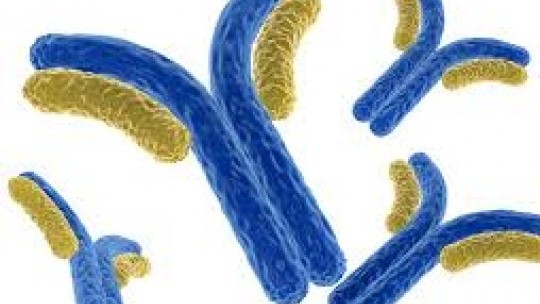European scientists have discovered antibodies which attack Zika, a step they hope will pave the way for a protective vaccine against the mosquito-borne virus.
The team reported that the antibodies efficiently neutralize Zika in human cells in lab dishes, and are also effective against dengue fever.
The scientists hope the discovery could lead to the development of a universal vaccine against Zika and dengue.
The Zika-zapping molecules were obtained from people who had previously been infected with dengue and whose immune systems had produced antibodies to fight that disease.
Felix Roy, a virology expert at France’s Institut Pasteur, said the antibodies could be used, for example, to protect pregnant women at risk of contracting the Zika virus.
However, he cautioned that a working vaccine is likely far off.
Zika has been linked to a form of severe brain damage, called microcephaly, in babies, and neurological problems such as Guillain-Barre Syndrome, which can result in paralysis and death.
In an outbreak that started last year, about 1.5 million people have been infected with Zika in Brazil, and more than 1,600 babies born with abnormally small heads and brains.
Jamaica has recorded 24 confirmed cases of Zika. Four of the cases involve pregnant women.
Dr. Winston De La Haye, Jamaica’s Acting Chief Medical Officer of Health, reacted to the news from the European scientists on Thursday, saying it is an excellent discovery.
“If we could have one vaccine that will protect us from more than one organism then we welcome that in the scientific field. Of course, it’s not without challenges getting from the laboratory to actual identifying a product which works, and for which side effects are minimal or non-existent,” he said.










